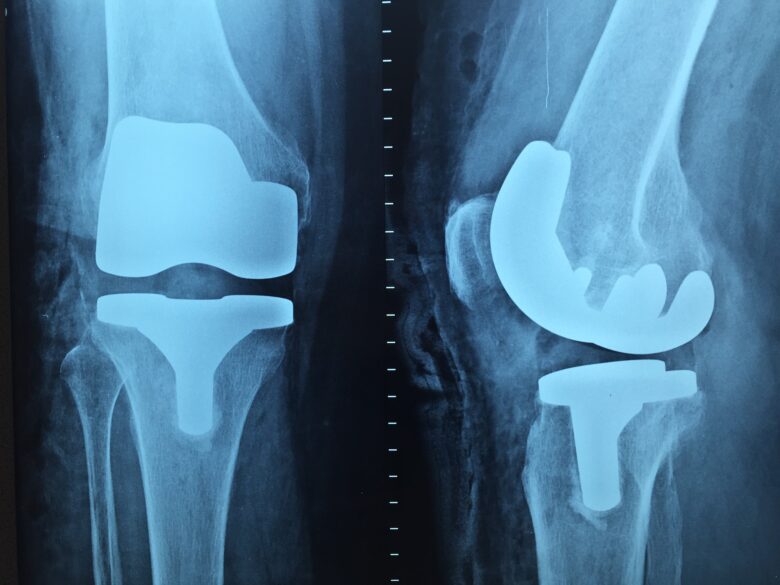Too little, too late. In McLean v. Wolfson, the Court of Appeal for Ontario issued an important warning about the importance of responding to production orders in a timely manner.
Facts
On April 30, 2018, McLean commenced an action against Wolfson alleging surgical negligence. Paragraph 5 of the Statement of Claim stated: “a recent X-ray revealed that the appellant’s hips are not aligned, and it was recently diagnosed that the defendant removed the fibula bone when he could have cut it to create a new bone in order to lengthen the right leg.”
On November 8, 2018, Wolfson’s counsel served a request to inspect copies of the recent x-ray and medical records related to McLean’s diagnoses. Although medical records were provided to Wolfson, they were not the records referred to in paragraph 5.
After further unsuccessful attempts to obtain the records, Wolfson brought a motion for production. On October 3, 2019, a consent order was made requiring McLean to produce the records within 30 days. McLean did not comply.
In response, Wolfson brought a motion under rules 30.08 and 60.12 to dismiss the action due to McLean’s failure to respond to the request to inspect documents and consent order, respectively. On the first return date on January 23, 2020, McLean sought an adjournment, which was granted with a final chance to comply with the consent order. When the motion returned to court on January 30, 2020, McLean, again, sought an adjournment. The motion judge denied the adjournment, heard the motion on its merits, and dismissed the action.
McLean appealed the motion judge’s decision. She argued that the motion judge should have considered a “lesser remedy” before dismissing her claim.
Issue
Did the motion judge err in not considering a “lesser remedy” and dismissing McLean’s action?
Held
No.
Reasons
The motion judge properly exercised his broad discretion under the Rules. He properly considered that McLean had plenty of time to produce the materials referred to in paragraph 5 and failed to provide a reasonable explanation for her failure to produce same. As a result, dismissal of a claim was supported.
Interestingly, McLean sought to adduce fresh evidence on appeal (the decision is unclear on the nature of the evidence). This was denied for two reasons. First, the fresh evidence did not correct the deficiencies which supported dismissal. Second, it was not in the interests of justice to admit the proposed evidence when McLean failed to explain why she has not produced records critical to an action that was started 3.5 years earlier.













